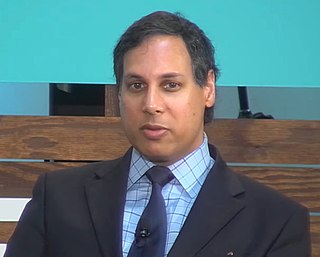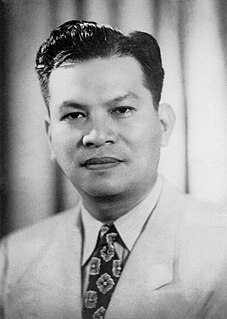A Quote by Murray Rothbard
Famine emerges from a lack of interlocal trade; when one locality's food crop fails, since there is virtually no trade with other localities, the bulk of the people starve. It is precisely the permeation of the free market throughout the world that has virtually ended this scourge of famine by permitting trade between areas.
Related Quotes
The Transatlantic and Transpacific Trade and Investment Partnerships have nothing to do with free trade. 'Free trade' is used as a disguise to hide the power these agreements give to corporations to use lawsuits to overturn sovereign laws of nations that regulate pollution, food safety, GMOs, and minimum wages.
Substantial progress was made in spreading our foreign trade to other areas. Our total trade with Northwest Europe in the first 8 months of last year was 42.3 per cent above the corresponding period the year previous, and our total trade with Asia was up 13.5 per cent. For the first time since 1919, the United States in the first 8 months of 1956 accounted for less than 60 percent of our total trade.



































